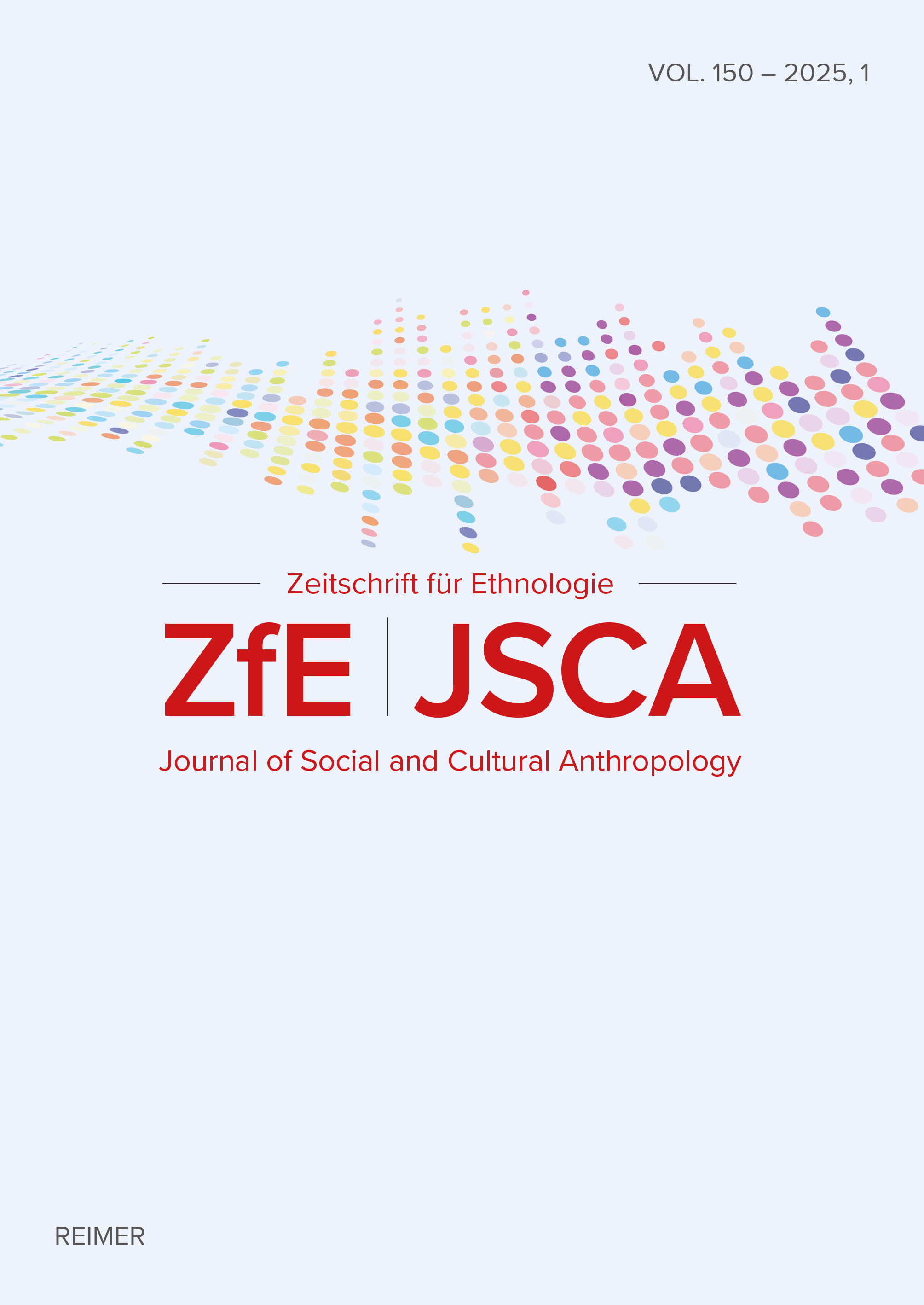Placenames and belonging: the Case of Kibra’s Nubians, Kenya
Main Article Content
Abstract
Approximately 25,000 Nubians live in Kibera, Nairobi’s largest slum, which they consider their ancestral home. As descendants of African soldiers in Britain’s colonial armies, they have faced marginalization and de facto statelessness. Joh Sarre’s dissertation examines their overlooked experiences, focusing on the negotiation of contested notions of belonging, inclusion and exclusion.
The study is structured around three interrelated perspectives: conceptual, methodological and empirical. The first major chapter explores the historical entanglements of land, ethnicity and politics in Kenya, which forms the background against which Nubian claims to belonging are negotiated. Joh Sarre examines how powerful discourses around land-ownership and ethnic identity influence Nubian (non-)belonging to Kib(e)ra and the Kenyan nation.
In three empirical chapters, Joh Sarre analyses the spatial practices through which Nubian belonging is being performed and negotiated. The first of these chapters discusses contested place names in Kibera, showing how Nubians use oral history and naming practices to assert Nubian firstcomer claims. It is this chapter that this article expands upon. The second empirical chapter in the book explores Nubian weddings and wedding processions as performative acts of belonging. The third empirical part focuses on burial practices at and negotiations around the (re)naming of the ‘Kibra (Nubian) Muslim Cemetery’, highlighting how religious and cultural norms determine belonging, inclusion and exclusion in death.
The final part of the dissertation synthesizes findings within the broader context of politicized ethnicity in Kenya. The study concludes that belonging is a practical negotiation of identity, and that space/place serve as key frameworks for analysing these dynamics. By exploring land, ethnicity and social practices, the study contributes to discussions on identity formation, marginalization and recognition in Kenya and beyond.
Article Details

This work is licensed under a Creative Commons Attribution-NonCommercial-NoDerivatives 4.0 International License.

